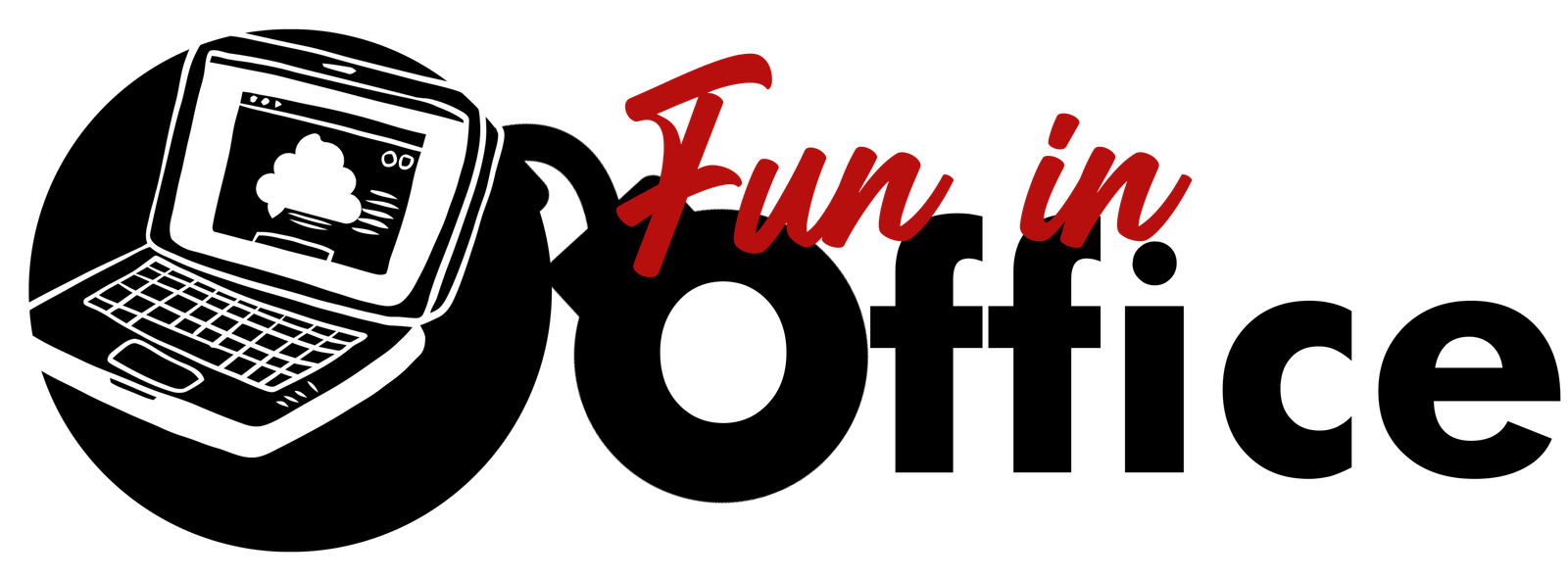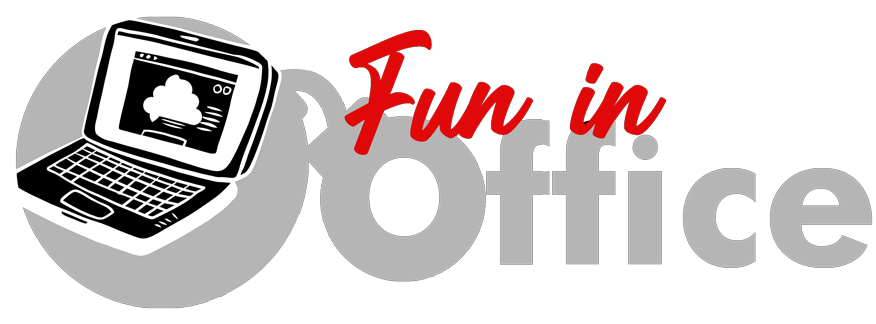A broad measure of productivity is the capacity to concentrate on certain tasks, complete them, and end the workday with high-quality output. If you don’t have any processes in place for planning, time management, monitoring tasks, or prioritizing, your efficiency and production may suffer. One by one, you might start to notice changes in your productivity by making small modifications to your routine.
How to be more productive at work
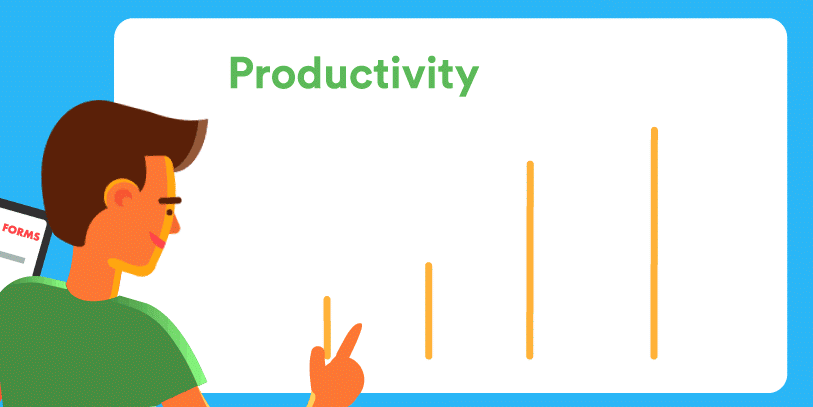
It is common to associate organizational and time management skills with overall job productivity. If you put productivity-boosting strategies into practice, you could have a greater chance of coming up with new ideas and increasing your product output. One method you may employ to boost your productivity is time management. Additionally, you might use organizing techniques like ranking your chores according to significance and urgency.
- Pay attention to one activity at once.
While juggling tasks or projects may eventually enable you to finish your work, focusing on one at a time may increase your efficiency frequently spend more time simply switching between them when you concentrate on several things at once. As a result, some of the jobs may not be finished or may not get done as well as they could have if each work had been the only emphasis.
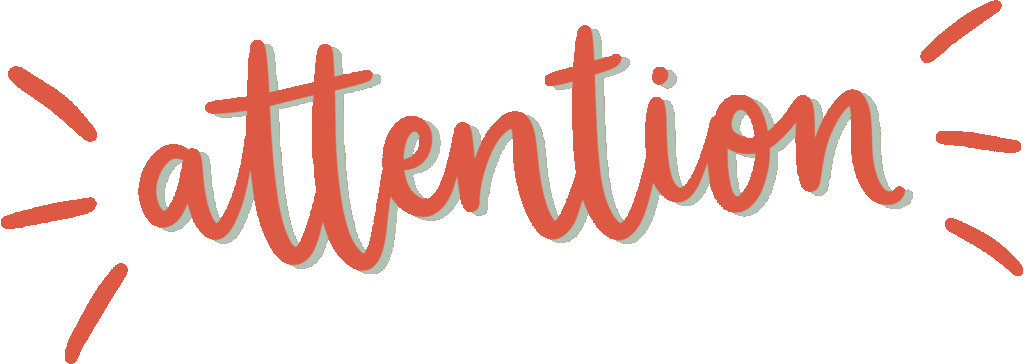
- Take periodic breaks.
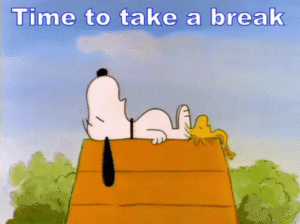
The temptation to put off taking a break can be strong, but if you don’t allow yourself a little break, it could reduce your productivity by making you tired or burned out. If this occurs, you might not have the stamina or drive to keep moving forward.
- Prioritize your most important tasks.
Working on your largest and most time-consuming tasks first, as opposed to starting with smaller and faster ones, may help you retain your focus.
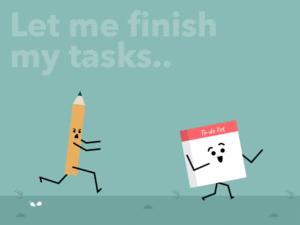
- Increase the effectiveness of meetings.
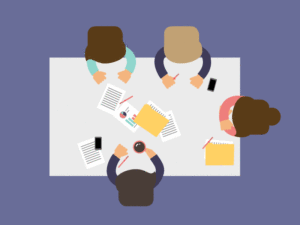
Consider ways to make meetings that you have scheduled throughout the day more productive activities that promote your career as a whole. Think about standing meetings, when you and your coworkers attend the meeting while standing. When addressing essential subjects during your meeting, might help you be more aware and focused.
- Assign tasks.
Take into consideration using delegation strategies to divide tasks among your team members. For instance, if you have a to-do list that is large, consider assigning some of the tasks to others if they can be completed without your help.
You can work on other projects that may have been specifically assigned to you alone by delegating chores while the rest of the team is concentrating on the activities that could otherwise take time or resources away from other, more important endeavors.

- Cut down on disruptions.
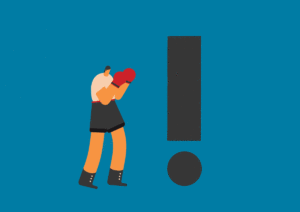
We could be interrupted throughout the day, which would distract us. Even though you value your relationships with your coworkers, losing track of time because of chats, unofficial meetings, or subject debates may obstruct your workflow and reduce your overall productivity. Consider using specific strategies to lessen the number of interruptions you encounter during the day.
Conclusion.
It’s crucial to be as consistent as you can when putting productivity-boosting strategies into practice. You can be sure that as you continue to learn and advance your abilities, your productivity will rise as well. Subscribe to “fun in office” for amusing workplace rumors and advice on how to deal with office clutter.
Last modified: December 7, 2022
